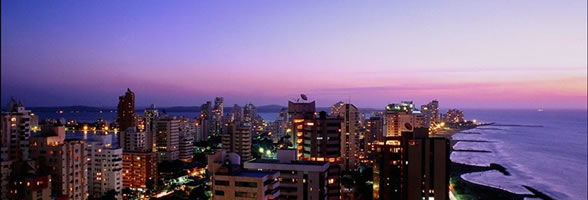
The Urban Guru Website
The Fall of Tripoli
22/08/2011 11:53The rule of a third North African dictator is ending in Libya. After 42 years in power Muammar Gaddafi is on his way out.
The fall of Tripoli (1.2 million inhabitants) differs from the Tunisian and Egyptian precedents. It is both the fall of a regime (with NATO assistance) and the fall of a city. In that regard two comments can be made:
- One should remember the great Tunisian Scholar, Ibn Khaldun, who analyzed the confrontation between nomadic culture and urban life, 600 years ago. The regional dimension of the Libyan rebellion should not be underestimated. While the fall of Tripoli cannot be reduced to a victory of rural (tribal) folks against an urban bourgeoisie, it has nevertheless a highly symbolic character. Will the new leaders manage Tripoli or create a new capital? This evolution of an highly urbanized country will deserve the attention of urban and political analysts, the Ibn Khaldun of our time.
- On the other hand the Tunisian, Egyptian and Libyan "revolutions" share a clear common denominator. They were and are essentially driven by a search for dignity and respect, they express the frustrations of an educated middle-class against corrupt regimes, they are more political and ethical than simply economic . They are not about bread but about governance and freedom. This concern seems to be new but it has been in the background of the Arab society for decades. Old despots are now losing their grip on their peoples. Widespread education makes all the difference, not only in the Arab world.
—————
